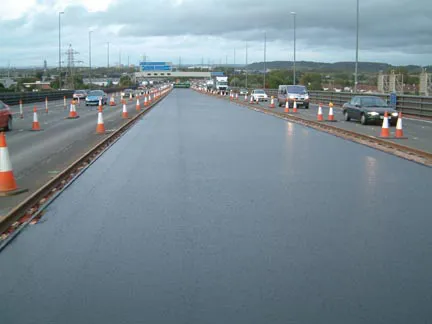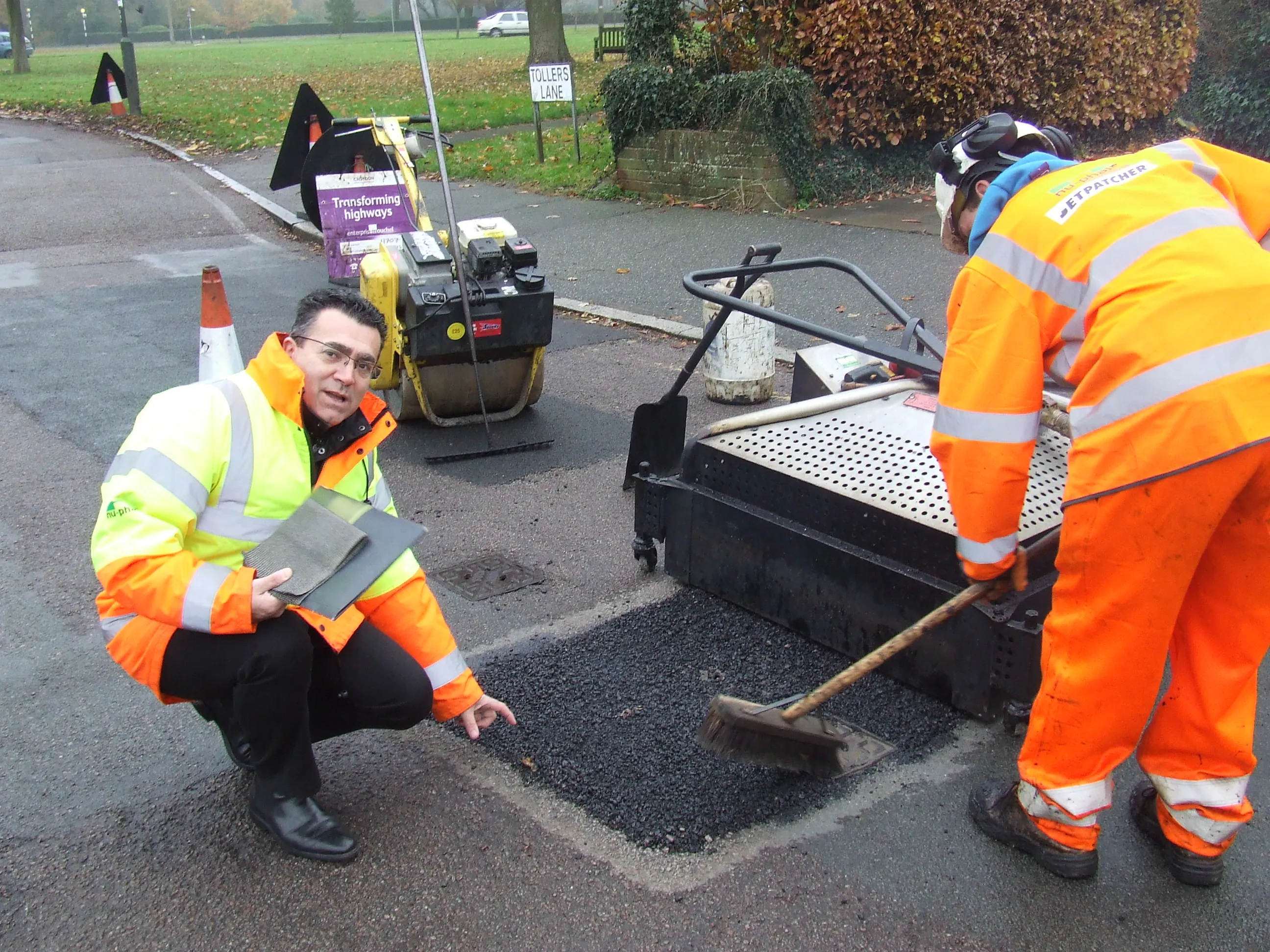The contract is due to finish in 2020, with the potential to extend service provision for two six-month increments at the end of the first year.
Mott MacDonald said that the board is the essential forum which safeguards the technical development of Highways Agency Traffic Management Systems. Highways England relies on it to control its day-to-day traffic operations.
The board manages all the technical specifications used by Highways England’s IT directorate, contractors and consultants on the National Motorway Communications System (NMCS2). It also maintains the agency’s technology software systems, plans registry, NMCS2 and Configuration Management System websites.
The board also delivers additional requirements aligned to the rollout of CHARM and Tools for the Technology Operations Centre.
CHARM - Common Highways Agency Rijkswaterstaat Model – is a collaboration between Highways England (formerly Highways Agency) and the Dutch agency Rijkswaterstaat. It was started in mid-2015 to develop an integrated advanced traffic management system for the UK and Dutch highways.
CHARM aims to move towards an open, modular automated traffic management system architecture that is integrated, flexible and scalable. It will replace legacy IT systems at the Regional Control Centre, National Traffic Operations Centre and various tunnel operations centres.
Tools for the Technology Operations Centre, to which Mott MacDonald with key partner Fujitsu was appointed on in 2018, will develop and deliver a suite of software systems that will monitor and manage electronic assets across Highways England’s network.
Highways England reappoints Mott MacDonald to Change Advisory Board
Mott MacDonald will continue to manage Highways England’s Change Advisory Board and its websites for technical specifications four years after the initial appointment.
The contract is due to finish in 2020, with the potential to extend service provision for two six-month increments at the end of the first year.
Mott MacDonald said that the board is the essential forum which safeguards the technical development of Highways Agency Traffic Management Systems. Highways England relies on it to control its
June 14, 2018
Read time: 2 mins








